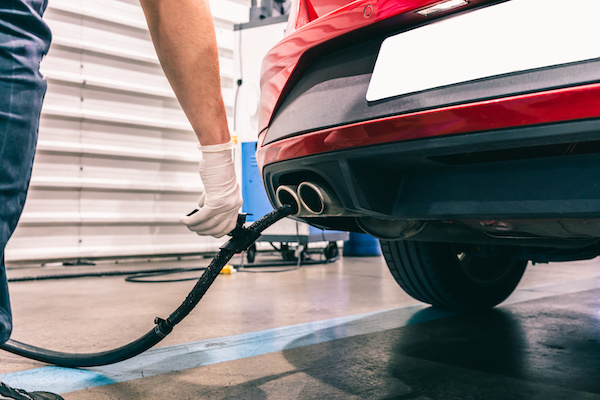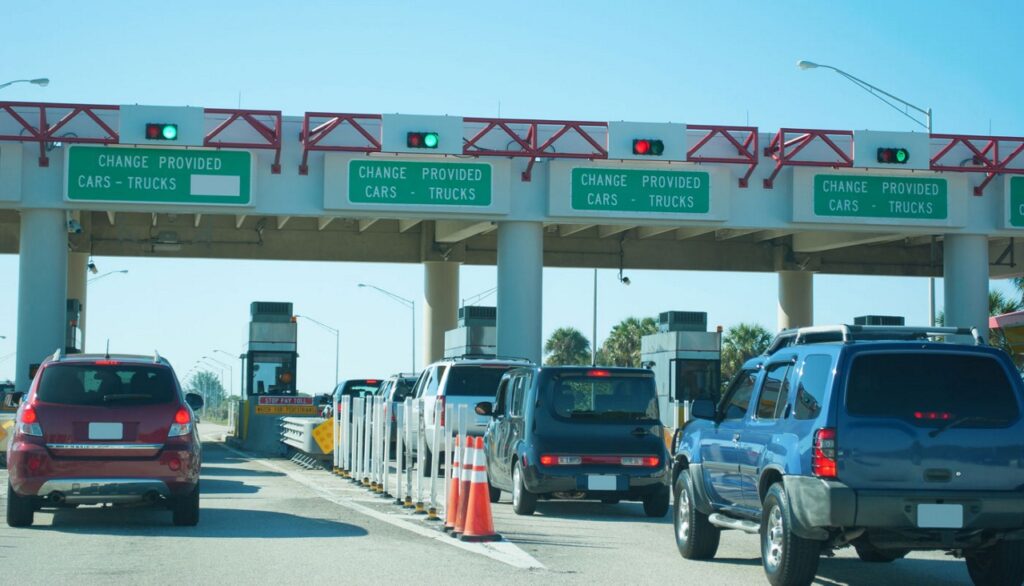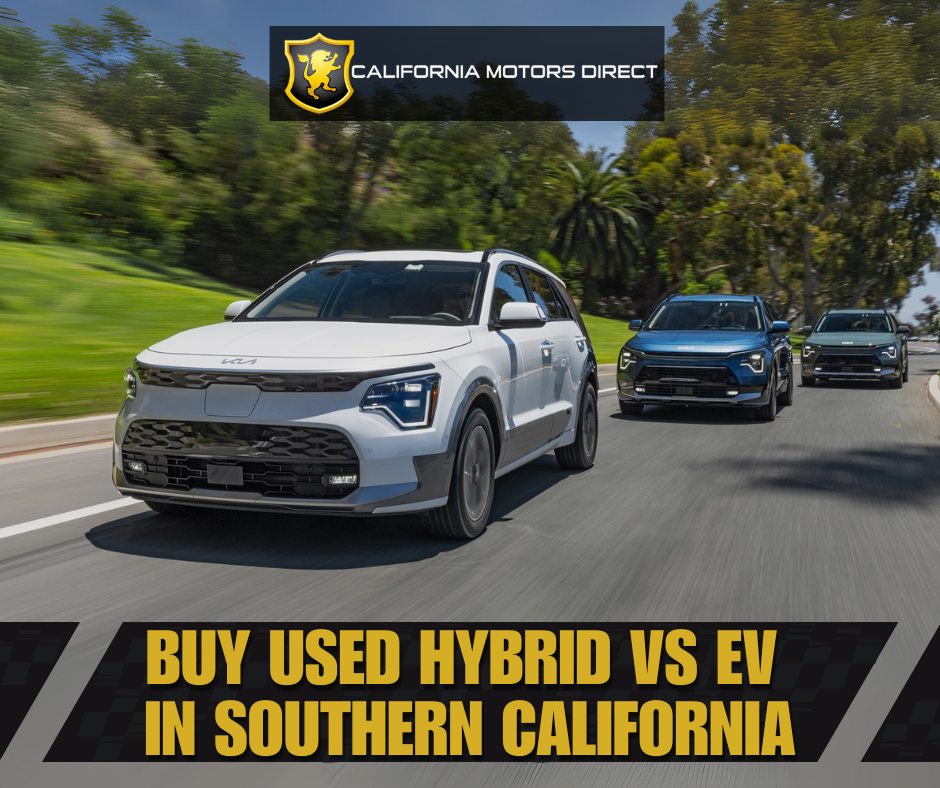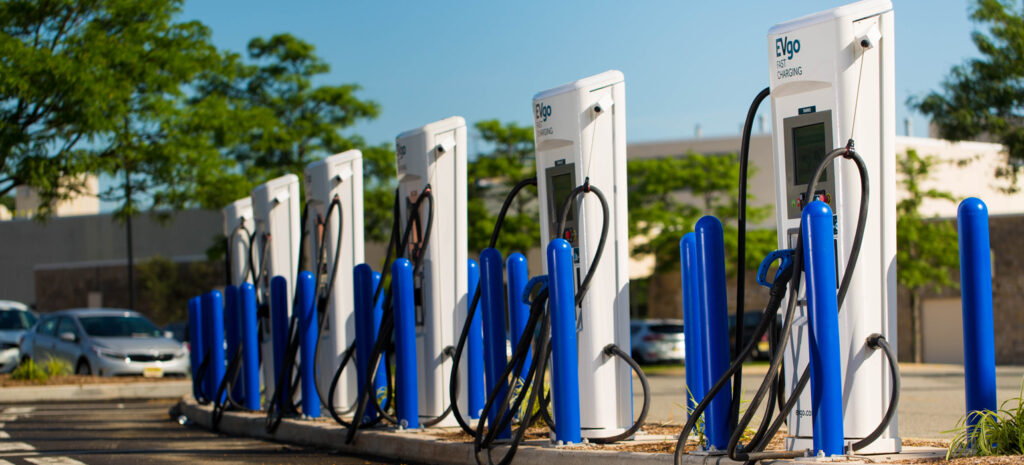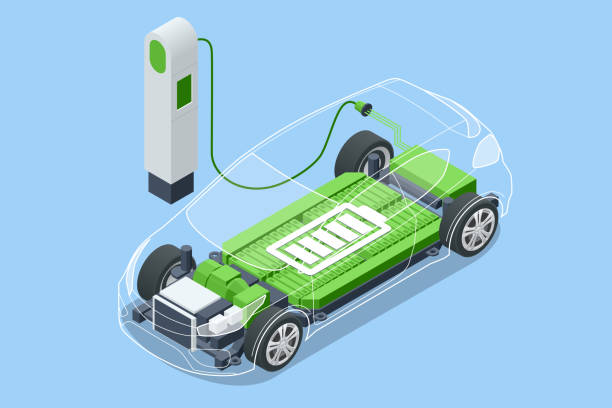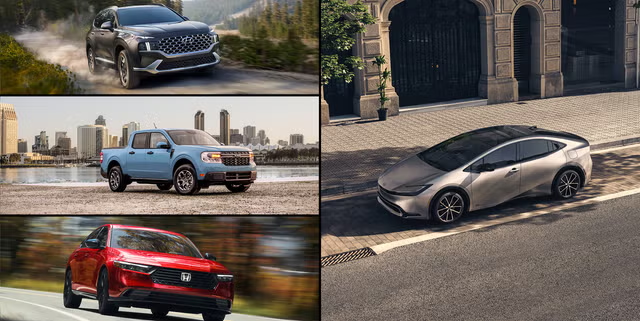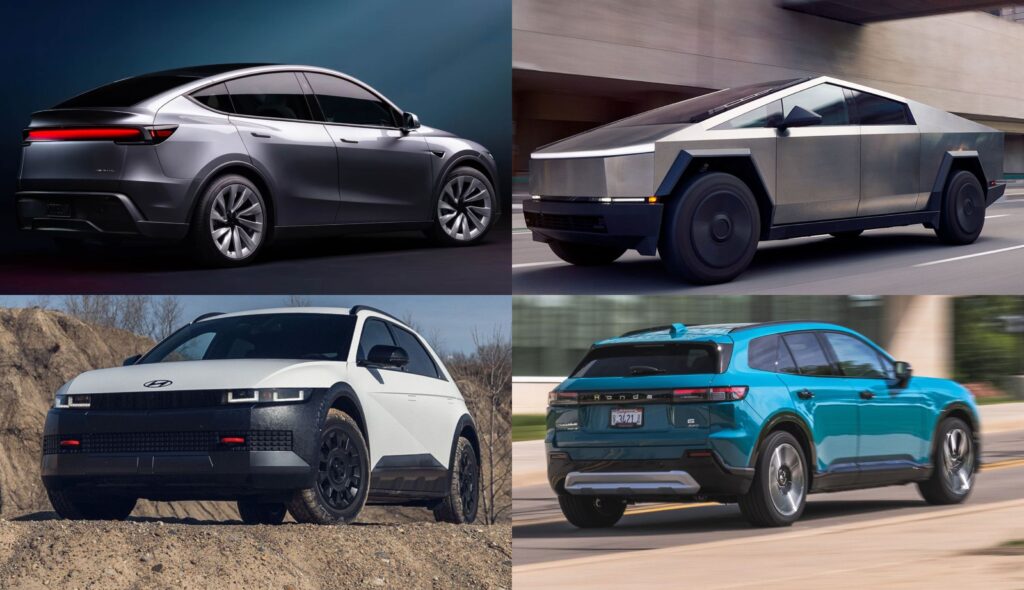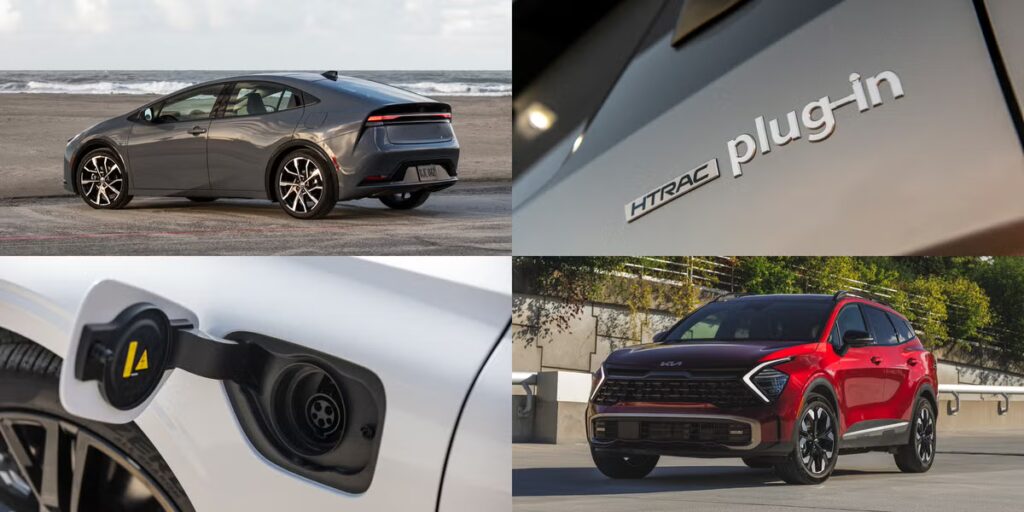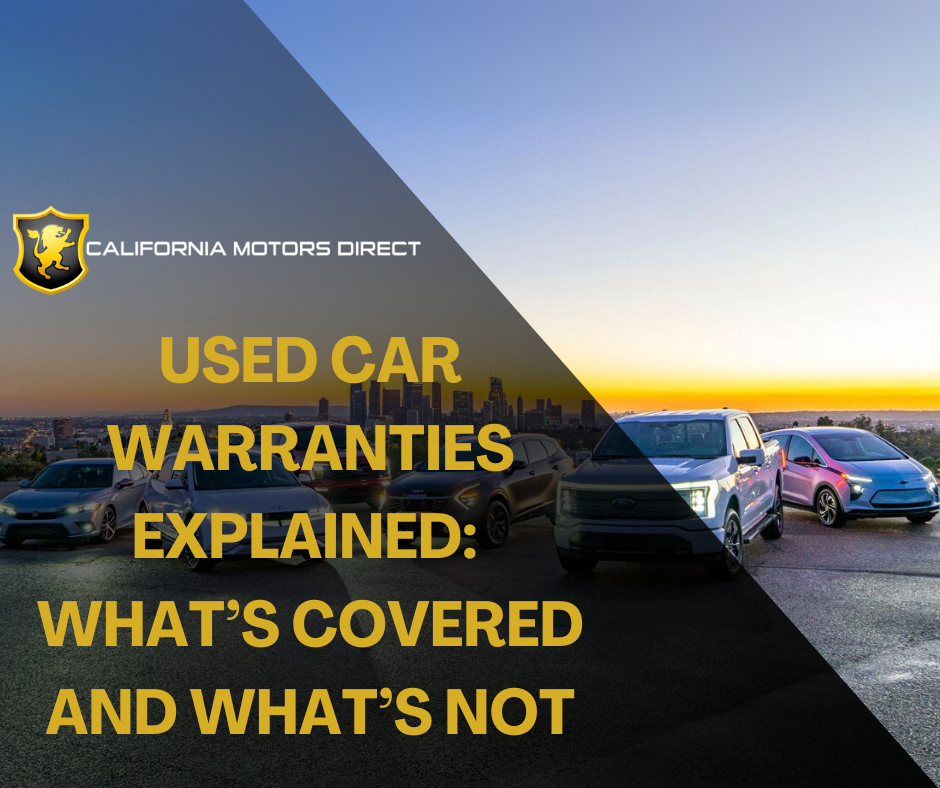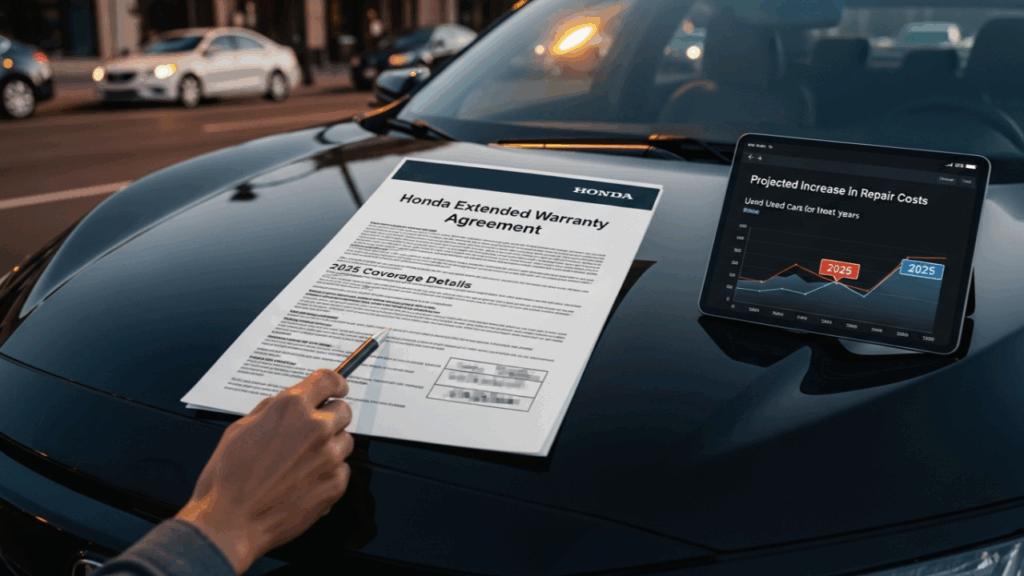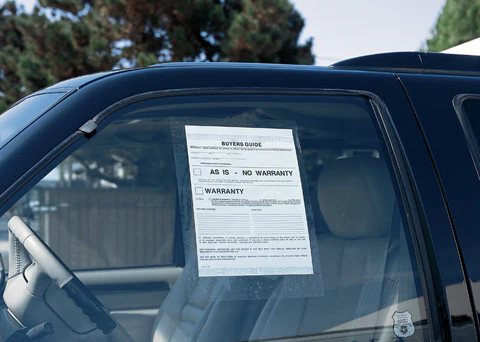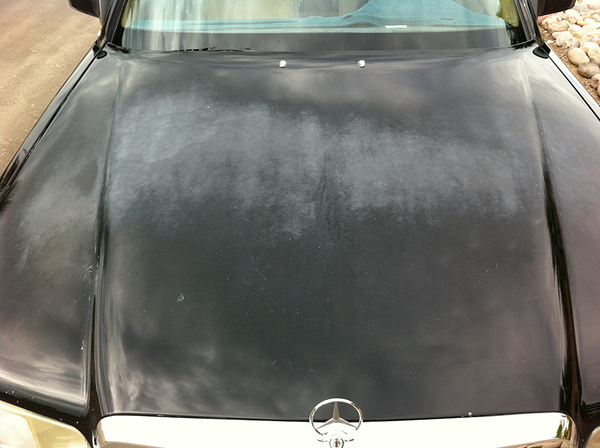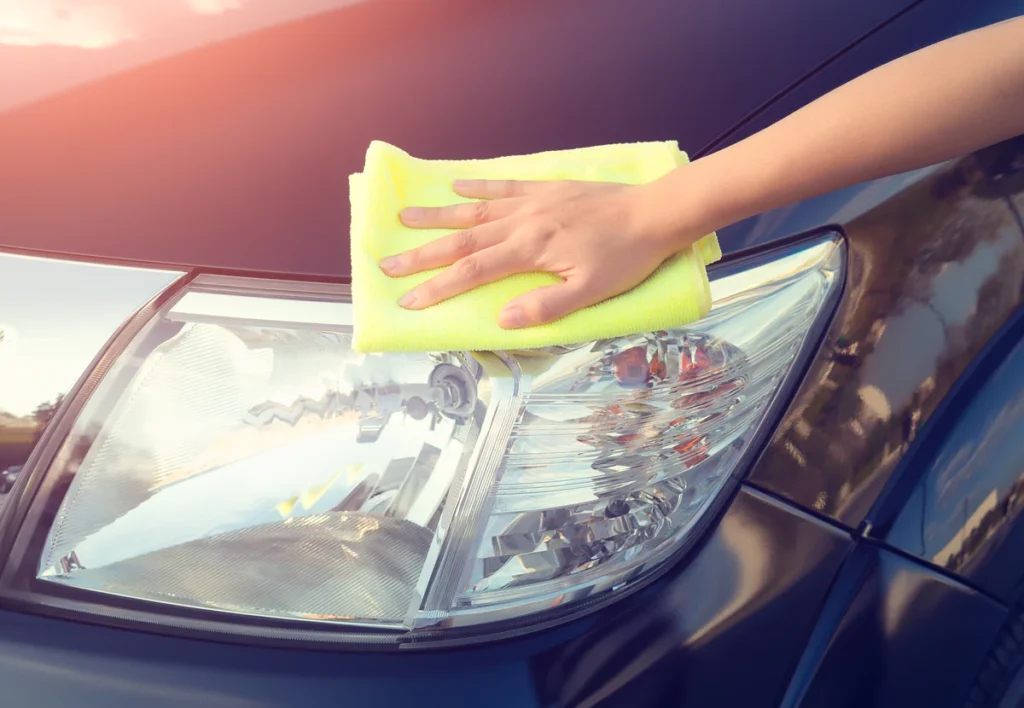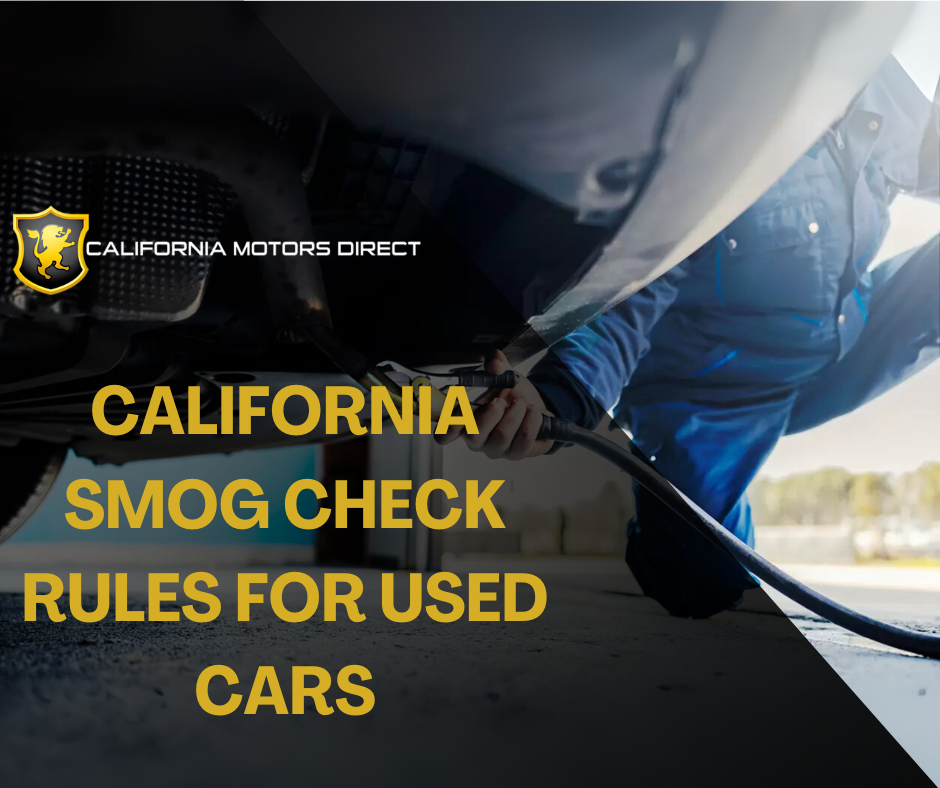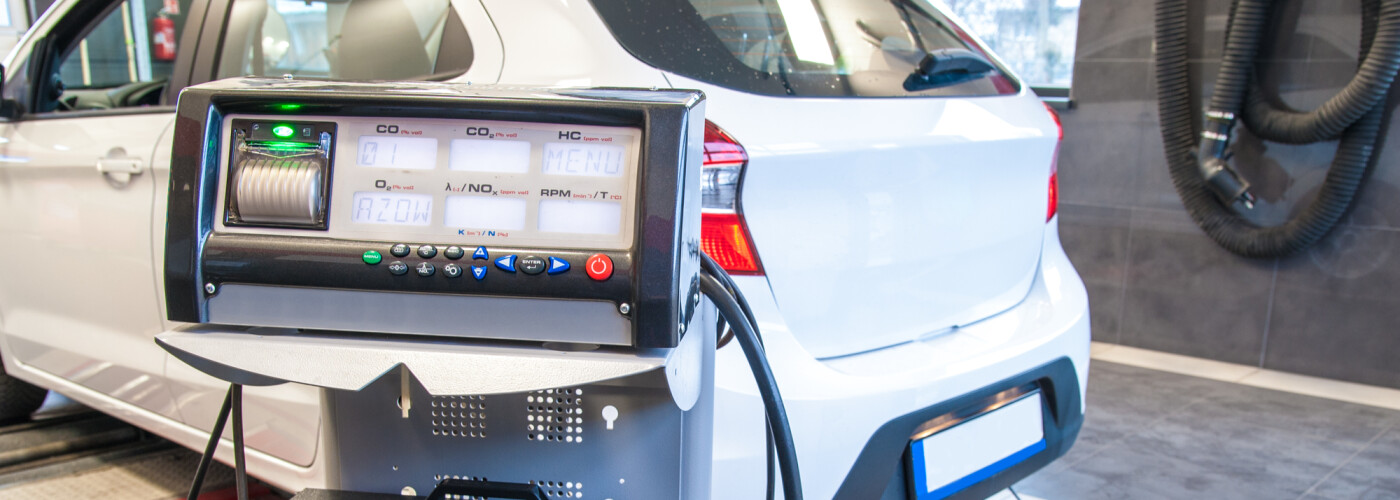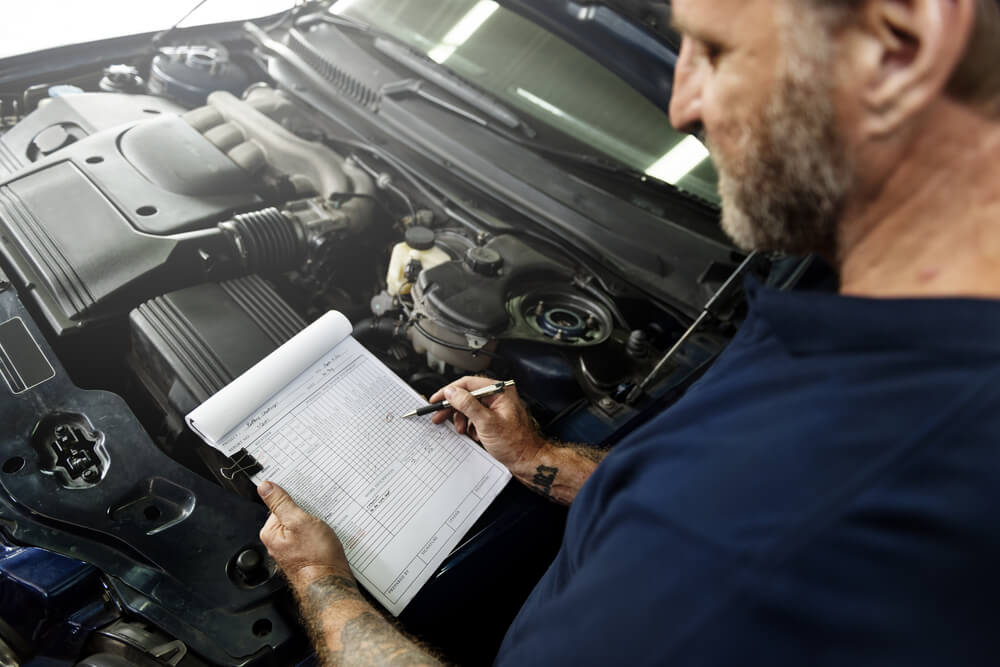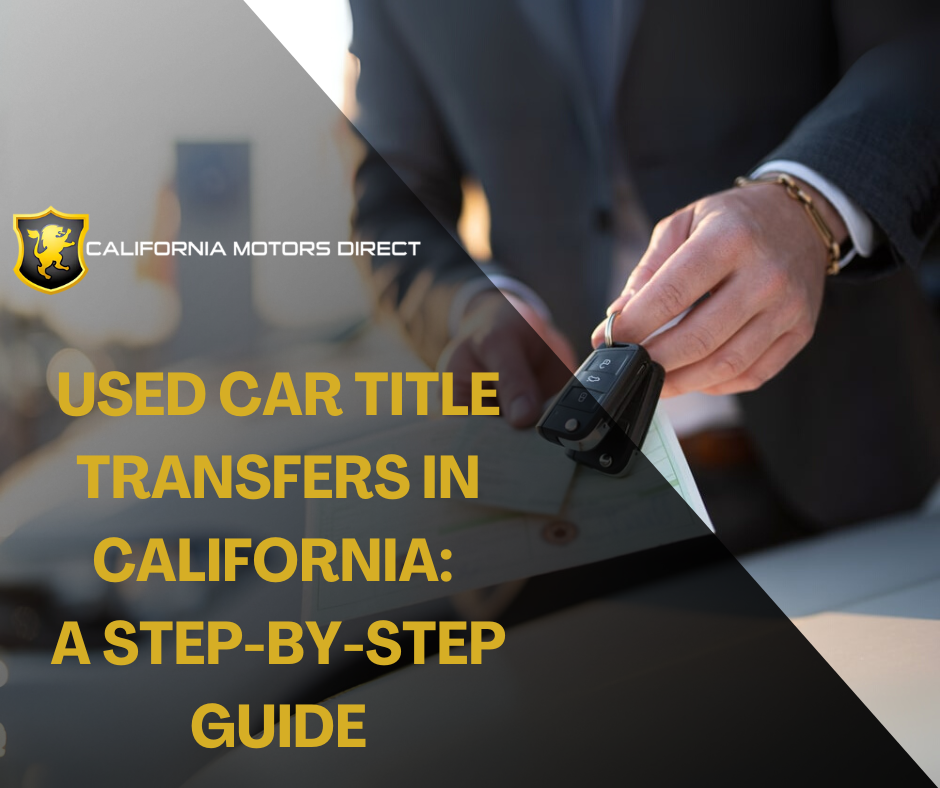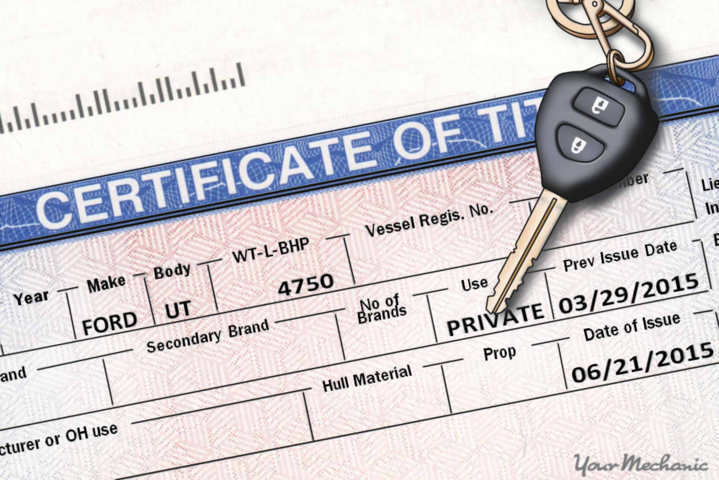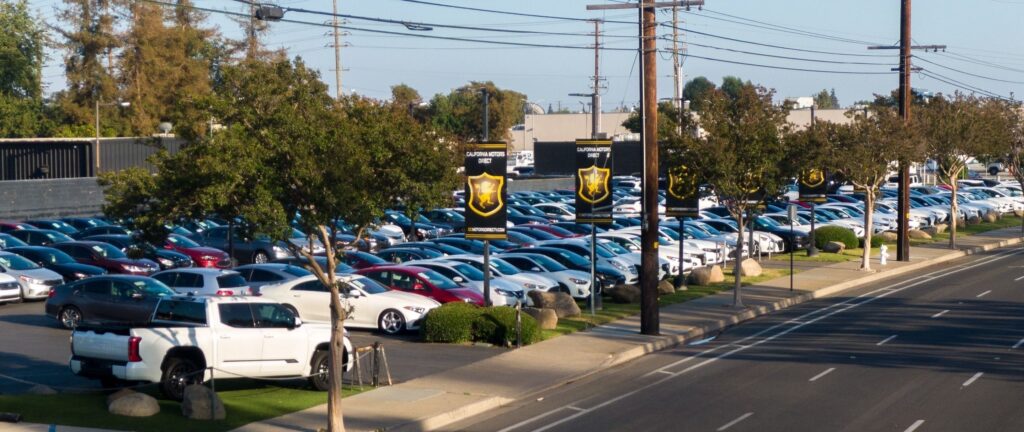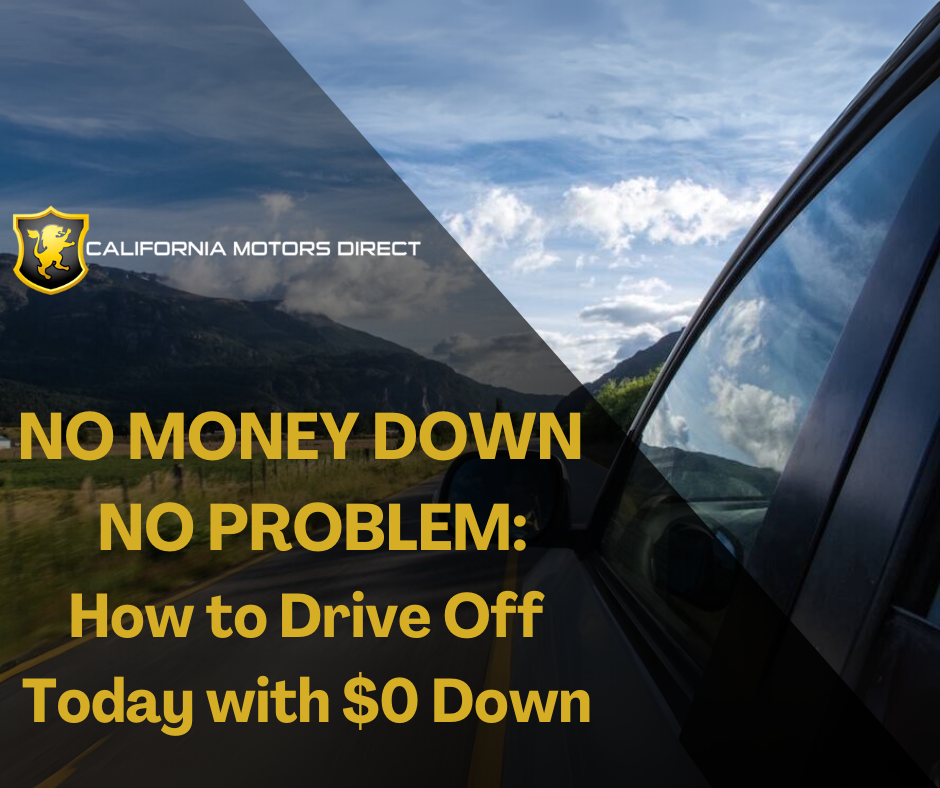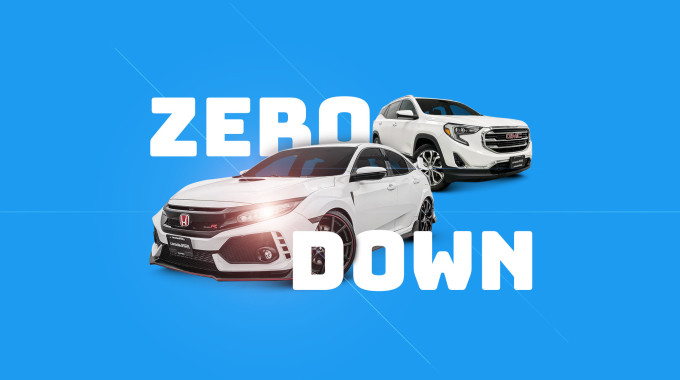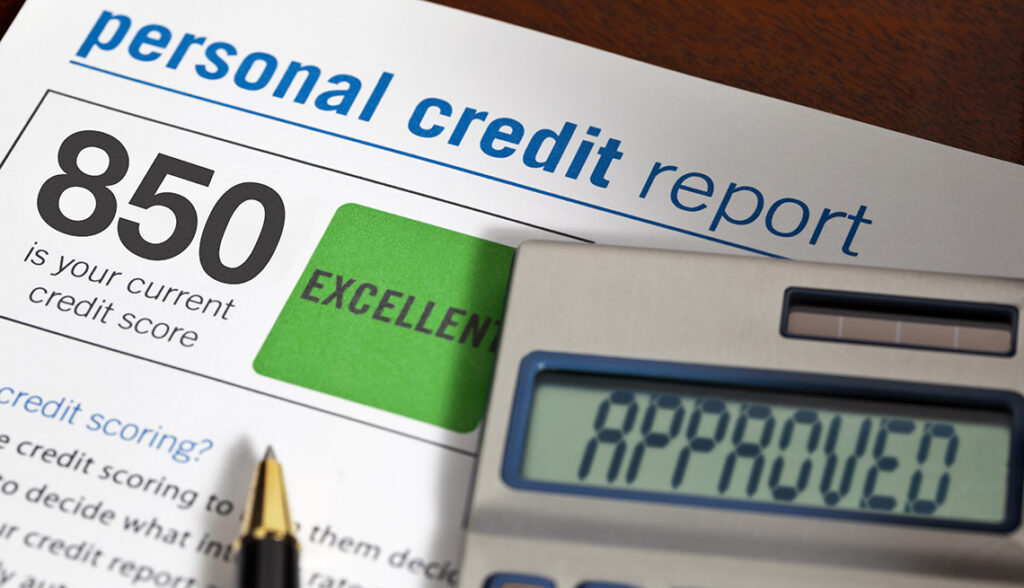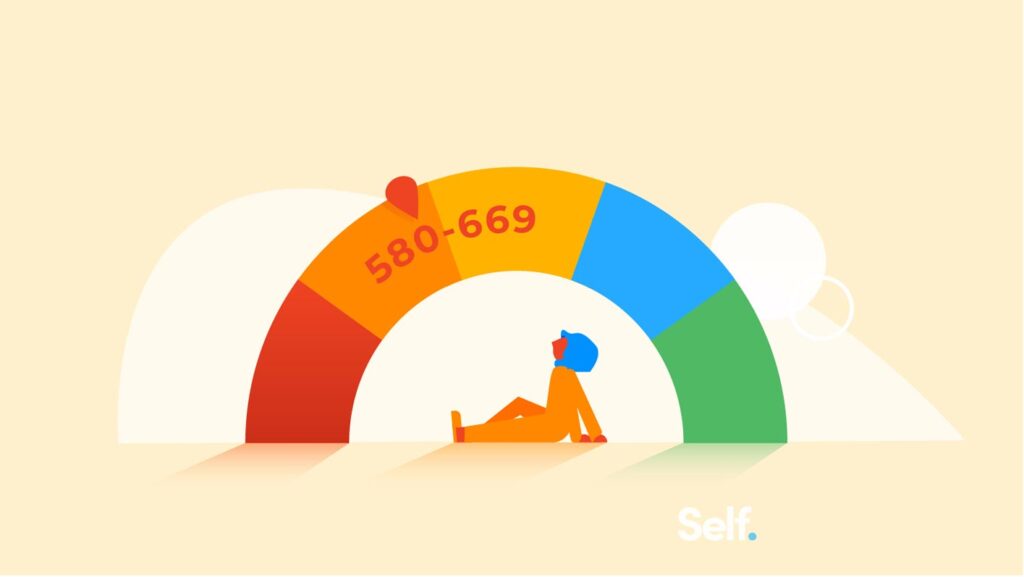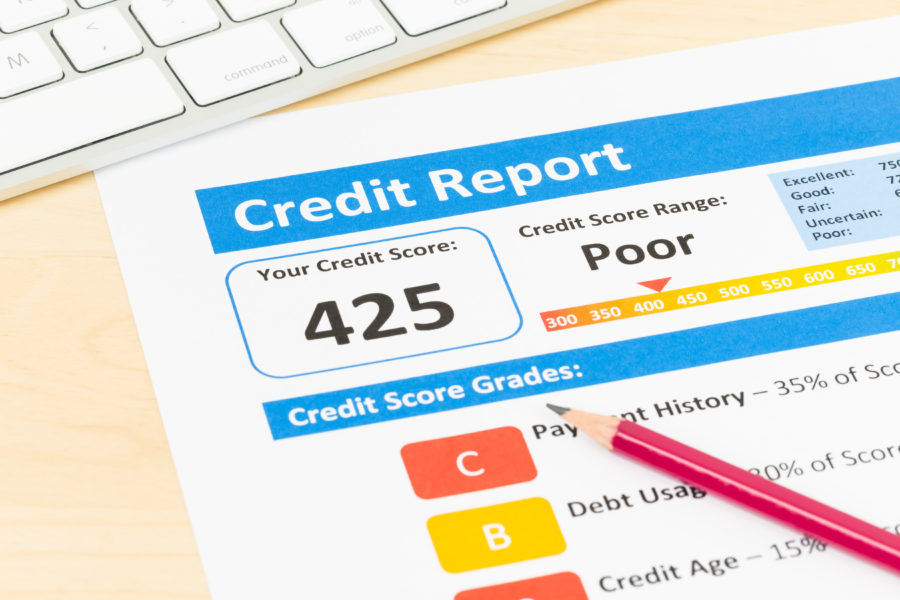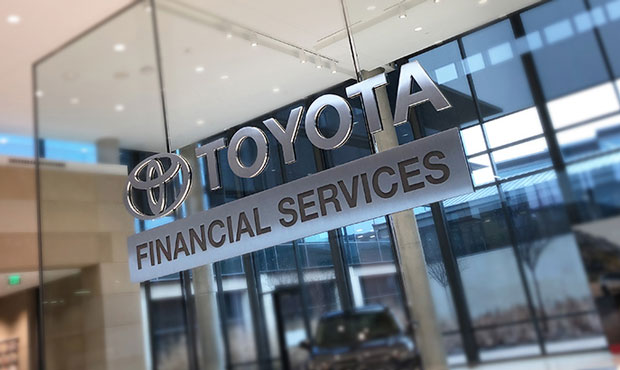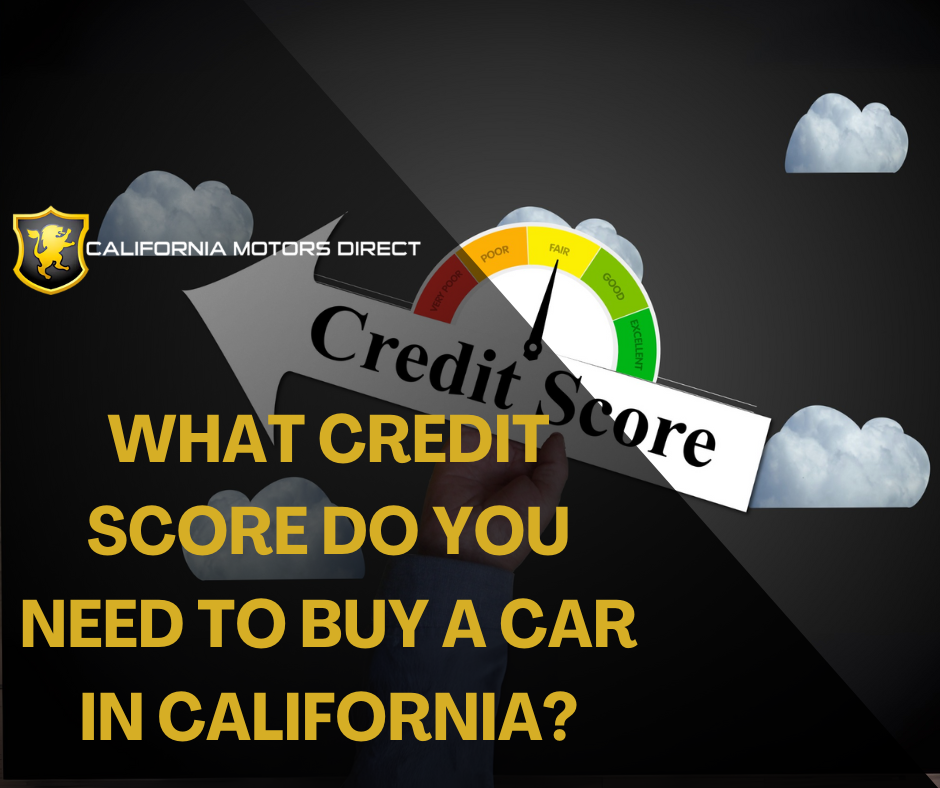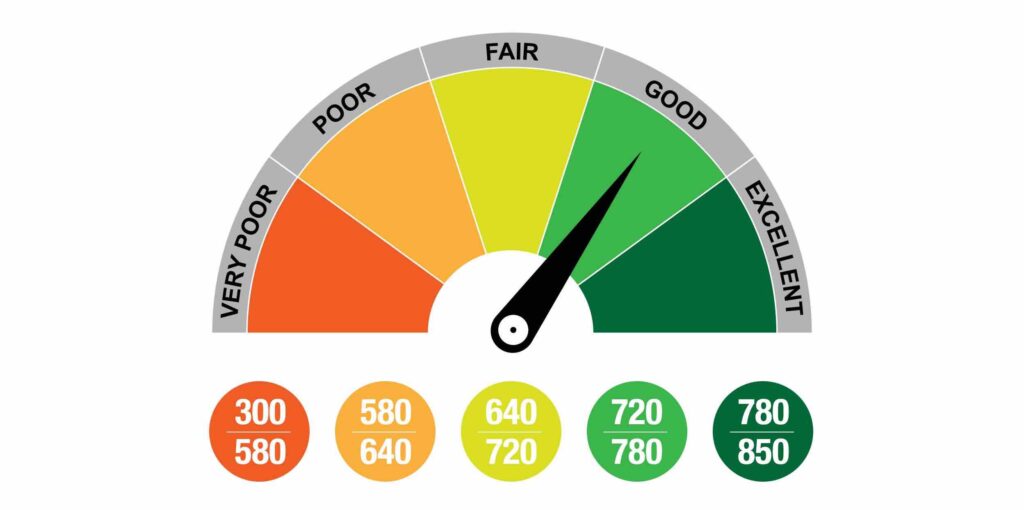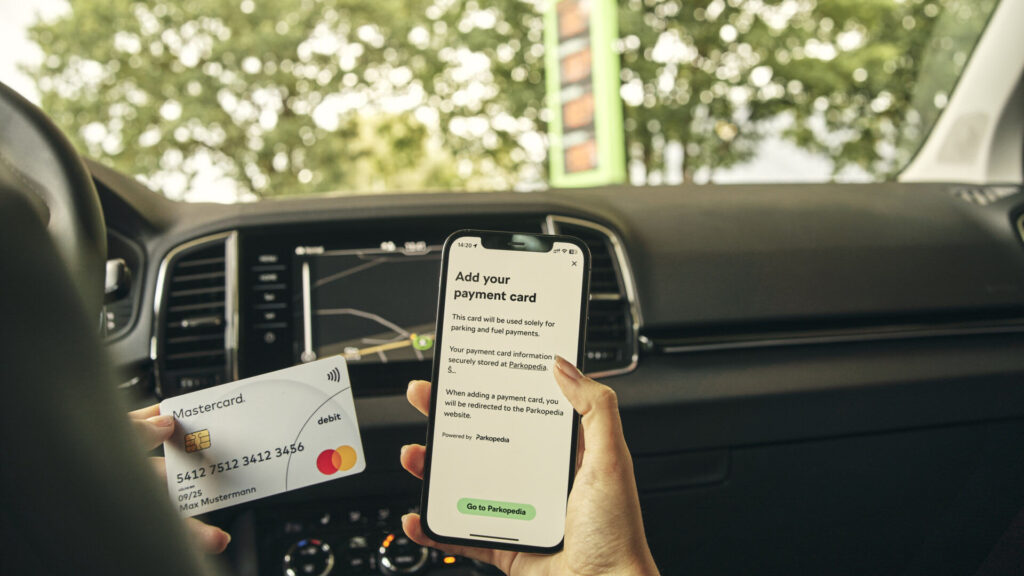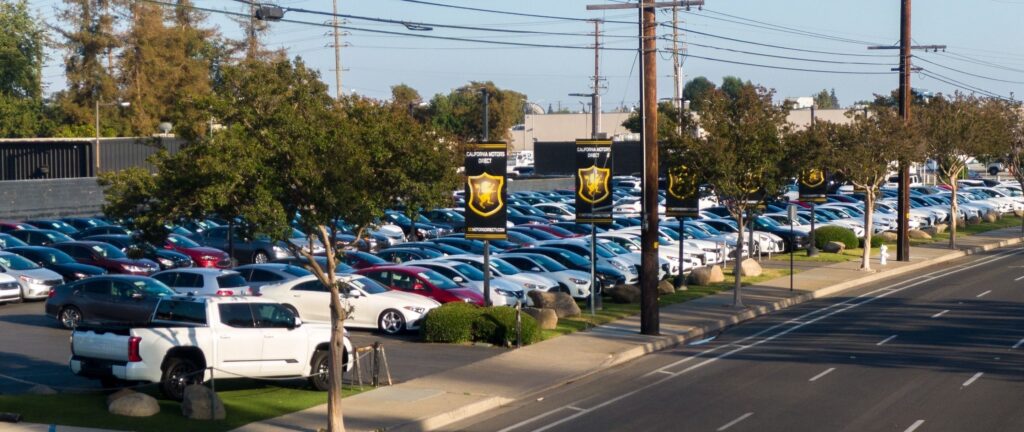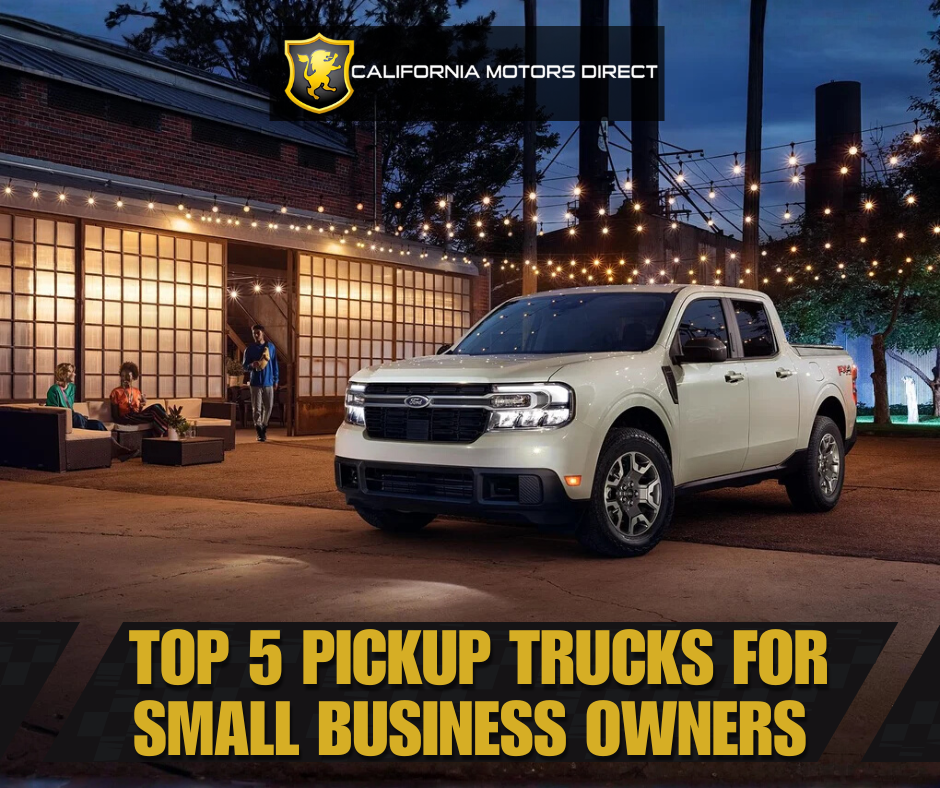
If you’re a contractor or small business owner in Southern California, your truck isn’t just a way to get from job to job. It’s your rolling toolbox, mobile office, and often your biggest business asset after your tools and equipment.
With used truck prices still high and California’s regulations tightening, picking the right used pickup matters more than ever.
CHARACTERISTICS NEEDED FROM A PICKUP TRUCK
Before choosing a brand or badge, focus on what the truck has to do every single week in SoCal conditions.
Key Things to Consider:
1. Payload (what you carry):
Tools, lumber, tile, compressors, ladders, pipe, generators, racks—weight adds up quickly.
- Light trades: look for at least ~1,200–1,500 lbs of payload.
- Heavy trades (concrete, framing, hardscaping, larger trailers): aim for 2,000+ lbs.
2. Towing (what you pull):
- Small utility/landscape trailer: ~3,500–5,000 lbs
- Enclosed tool trailer or small skid steer: ~5,000–8,000 lbs
- Larger equipment / heavy trailers: 10,000+ lbs
3. Urban Maneuverability:
- Working in downtown LA, Santa Ana, Anaheim, or Long Beach—where parking can be tight—a midsize SUV or a shorter-wheelbase full-size vehicle may be a better fit.
- In the Inland Empire and OC suburbs, where there’s more space, full-size or heavy-duty vehicles are much more compatible.
4. Fuel & Reliability:
Traffic is brutal. You want something that won’t live at the pump or in the shop.
⚠️ IMPORTANT CALIFORNIA DIESEL RULES
Before you fall in love with a cheap heavy-duty diesel, you need to know what California allows—and what it doesn’t.
- CARB Truck & Bus Regulation: Heavy-duty diesel vehicles over 14,000 lb GVWR must meet strict emissions rules. Non-compliant older diesels can’t be registered with DMV as of 2020.
- Gas & under-14k GVWR trucks: Currently exempt from that specific CARB Truck & Bus rule.
For most small contractors and businesses, staying with light-duty pickups (half-ton, ¾-ton gas, 1-ton gas) is simpler and avoids most of that headache.
MIDSIZE vs. HALF-TON vs. HEAVY DUTY
🌄 Midsize Trucks: |
🔨 Half-Ton Trucks: |
💪 Heavy Duty Trucks: |
|---|---|---|
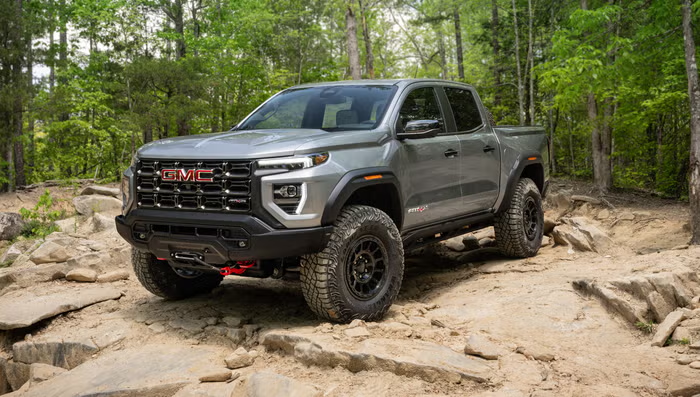 |
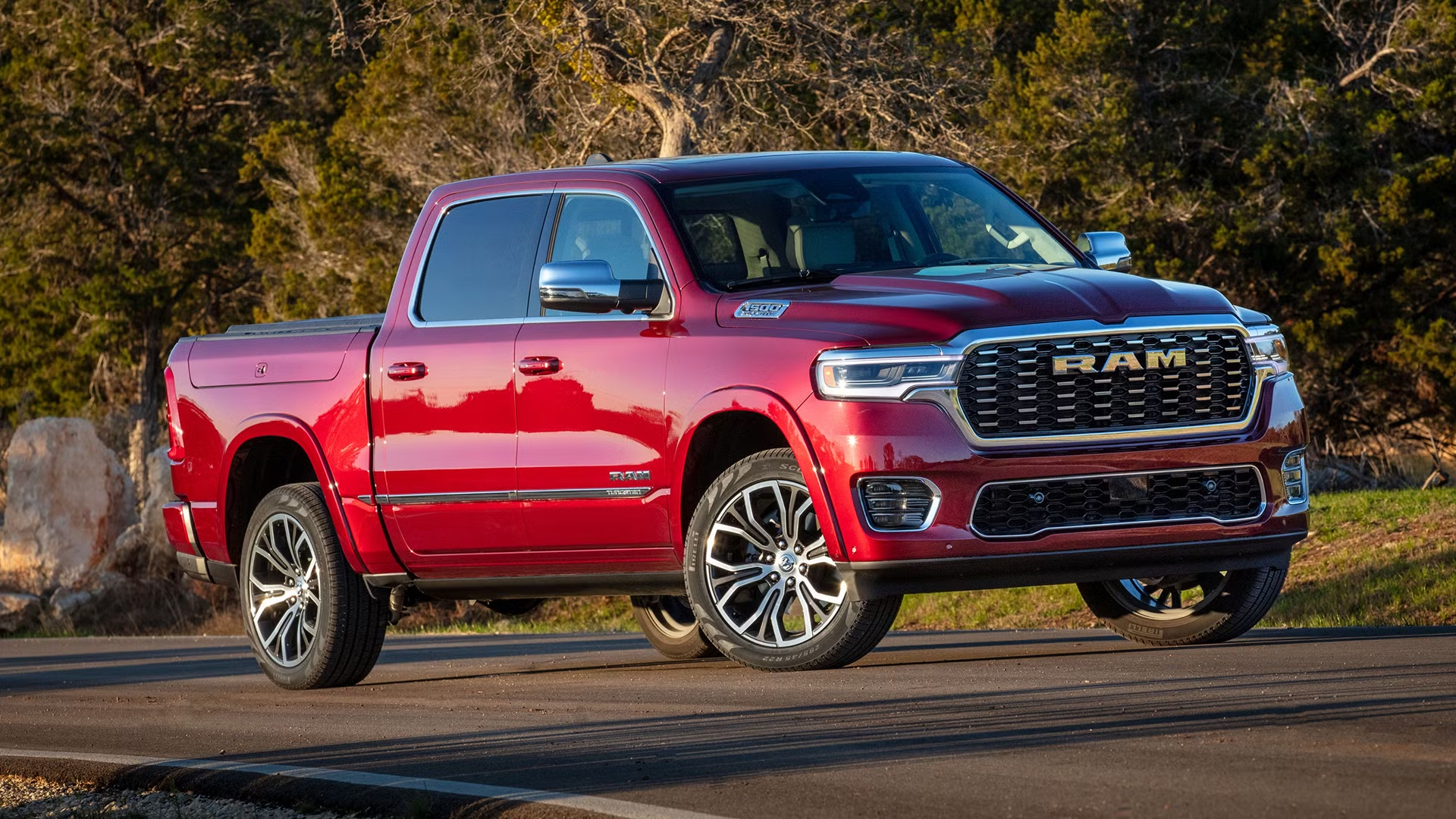 |
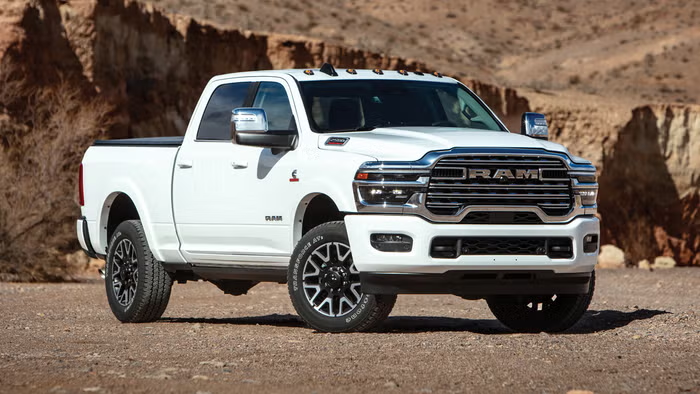 |
Best for: Light-duty work, mobile services, tight city areas.
|
Best for: Most contractors and small businesses.
|
Best for: Businesses towing heavy equipment or large trailers every day.
|
Limitations:
|
Limitations:
|
Limitations:
|
TOP 5 PICKUP TRUCKS IN SOCAL
Below are practical, work-focused picks—not just “nice to have” trucks, but models that make sense in SoCal’s real-world conditions.
1. FORD F-150 (2015-2020): The All-Around Workhorse
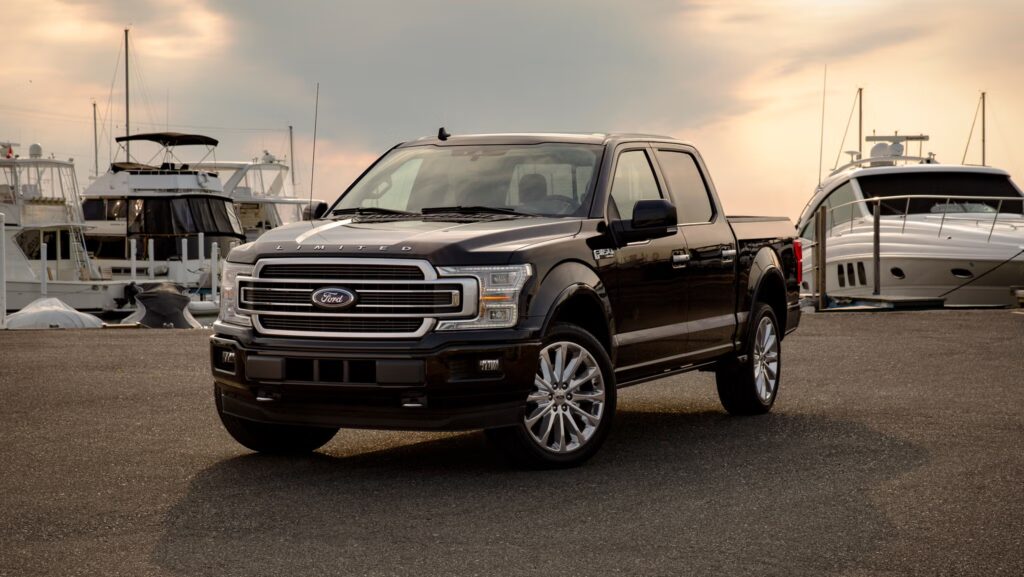
The Ford F-150 is the best-selling truck in the U.S. for a reason. For contractors, it delivers a sweet spot between capability, comfort, and availability on the used market. If you want “one truck that can do almost everything” in SoCal, a carefully chosen used F-150 is hard to beat.
Ford’s 13th-gen F-150 (2015–2020) is especially strong:
- Max towing: up to about 13,200 lbs when properly equipped (3.5L EcoBoost + Max Trailer Tow).
- Max payload: up to about 3,270 lbs in specific regular-cab, HD Payload Package configurations.
- Aluminum body (2015+) helps resist rust—a plus for coastal SoCal.
Why it works for contractors & small businesses:
The F-150 gives you flexibility. It can be spec’d as a bare-bones work truck or a crew-cab mobile office. There’s a huge used supply in SoCal, so you can shop around for the right combo of bed length, cab, and engine.
What to watch out for:
Payload varies widely; a nicely optioned 4×4 crew cab may only have ~1,500–1,800 lbs of payload. Always check the tire & loading sticker in the door jamb for the exact payload rating.
2. TOYOTA TUNDRA (2014-2021): Long-Term Reliability King
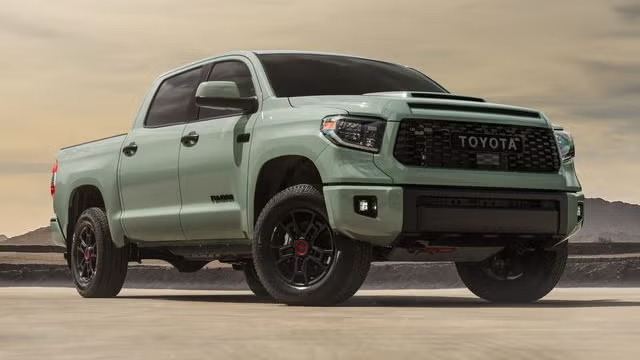
If your priority is “buy it, maintain it, and keep it forever”, the Toyota Tundra is hard to beat.
- Max tow rating: up to around 10,500 lbs depending on configuration.
- Even lower-spec Tundras can usually tow 6,800+ lbs—plenty for many trailers.
- Strong resale value thanks to Toyota’s reputation
Why it works for contractors & small businesses:
Many Tundras routinely reach 150,000–250,000 miles, with plenty surpassing 300,000 miles when properly maintained—an important advantage for businesses that prioritize reliability over fuel economy. The Tundra is widely regarded as one of the most dependable half-ton trucks on the market. Its simple, proven 5.7L V8 further enhances long-term durability, offering far less complexity than many turbocharged competitors.
What to watch out for:
Fuel economy remains a weakness, and operating costs will generally be higher than those of an F-150 EcoBoost or Silverado V6.
3. TOYOTA TACOMA (2016-2023): Small Business Hero
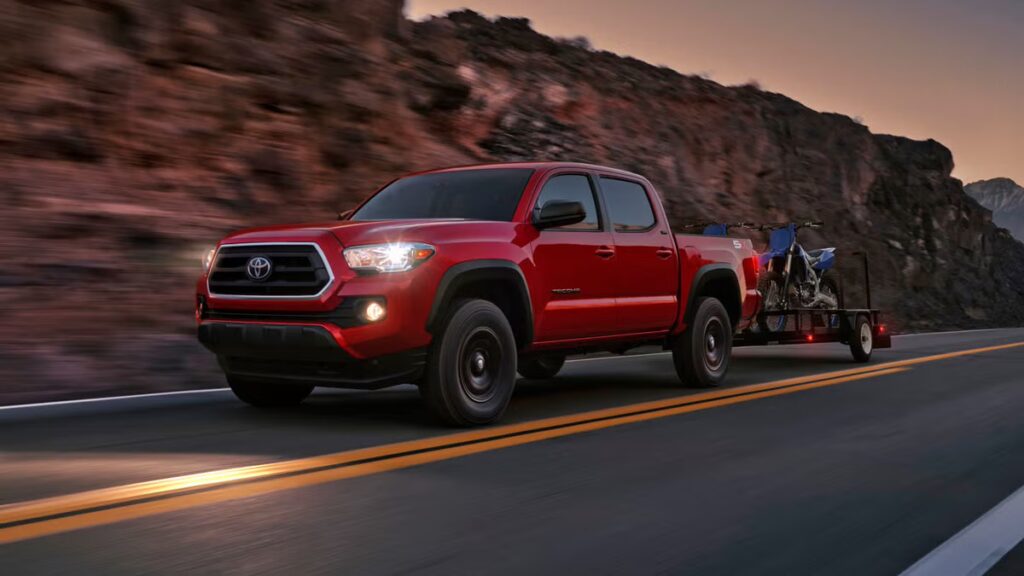
The Tacoma is the king of midsize trucks, and for many small businesses in SoCal, it’s all the truck they’ll ever need. If your jobs don’t require heavy equipment but you need a dependable, maneuverable work truck, the Tacoma is a strong, low-risk choice.
- Towing (3rd-gen Tacoma): up to about 6,800 lbs when properly equipped.
- Payload: up to roughly 1,400–1,440 lbs in the right configuration.
- Resale value: 2019 Tacoma has won KBB’s Best Midsize Pickup and holds over 80% of its value after 3 years, making it one of the best resale vehicles in the U.S.
Why it works for contractors & small businesses:
Tacomas are easier to park, cheaper to fuel than full-size V8s, and insanely popular in SoCal. For mobile services and light trades, they do the job without overkill.
What to watch out for:
It’s not the best choice for very heavy loads or big trailers; if you’re frequently pushing payload or towing limits, a full-size truck is the smarter move. Rear-seat space can also be limited in some cab styles, making it less comfortable for crews you transport often.
4. CHEVROLET SILVERADO 1500 / GMC SIERRA 1500 (2014-2020): Value Full-Size
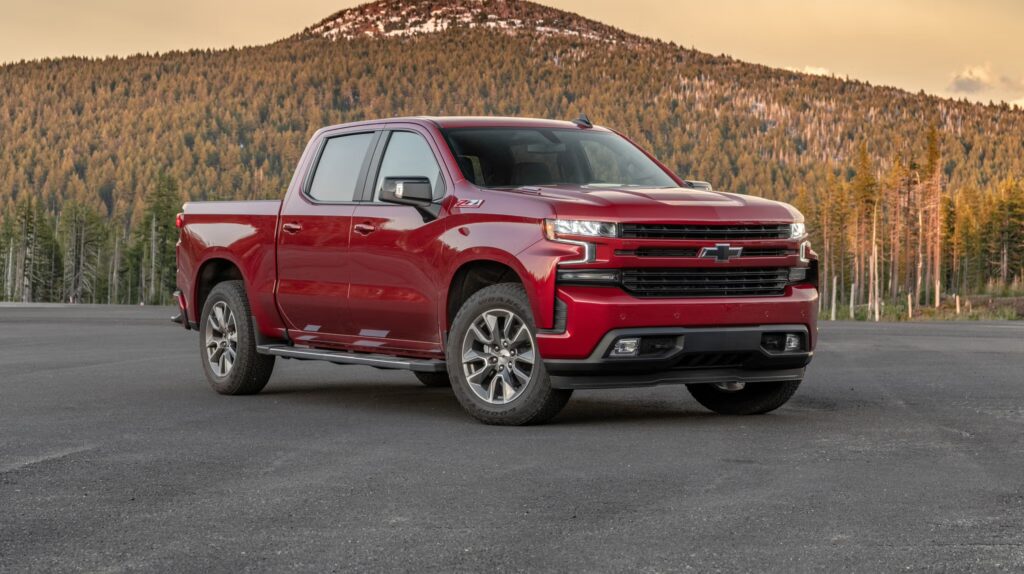
The Silverado 1500 and GMC Sierra 1500 are solid full-size options that often cost less on the used market than comparable F-150s or Tundras.
- Max Payload: up to around 2,250 lbs in the right configuration.
- Max Towing: with the right engine and Max Trailering Package, certain Sierra/Silverado 1500 models can tow up to 12,500 lbs.
Why it works for contractors & small businesses:
These trucks offer full-size capability without the higher prices of Toyota or Ford. The local market has a large supply of used Silverados and Sierras, giving buyers more choices and stronger negotiation power. Their strong V8 options provide dependable towing and hauling for job-site needs, while overall pricing is typically more affordable than rival full-size trucks of similar year and mileage.
What to watch out for:
- Some model years, such as 2014 and 2018, are currently under investigation for potential issues and have a higher number of reported recalls.
- As with any half-ton, check the specific truck’s payload/tow rating—don’t assume.
5. FORD SUPER DUTY (F-250 / F-350 Gas) & GMC/CHEVY 2500/3500: Heavy-Duty Haulers

If your business regularly tows equipment trailers, dump trailers, or moves seriously heavy materials, you may need to step into the ¾-ton or 1-ton class.
- A 2500/3500-class truck (e.g., GMC Sierra 2500) can tow up to 18,500–20,000+ lbs and carry payloads around 3,800–4,000 lbs, when properly equipped.
- Ford Super Duty gas trucks and Chevy/GMC HD gas options are popular with contractors who want big capability without diesel emissions headaches.
Why it works for contractors & small businesses:
Heavy-duty trucks are built to handle daily heavy loads and long work hours, making them ideal for concrete and masonry crews, equipment rental and excavation jobs, and landscapers towing big trailers with skid steers or mini-excavators. They offer greater stability and safety when pulling 10,000+ lbs, delivering the durability and confidence small businesses need on every job.
What to watch out for:
- Rougher ride when unloaded.
- Higher fuel and maintenance costs than half-tons.
- Overkill if you’re mainly just hauling hand tools and light materials.
- Older diesel HD trucks over 14,000 lb GVWR must comply with CARB’s Truck & Bus regulation—non-compliant trucks can’t be registered.
MORE: Here are some additional trucks to consider.
FINAL THOUGHTS:
Choosing the right used pickup comes down to understanding your workload and matching it with the truck that can support it. Whether you need the agility of a midsize, the versatility of a half-ton, or the strength of a heavy-duty, the right truck will make your jobs easier and your business more efficient. And when you buy from a trusted dealership, you gain the added confidence of verified inspections, transparent history, and reliable support—so your next work truck is an investment you can depend on every day.





